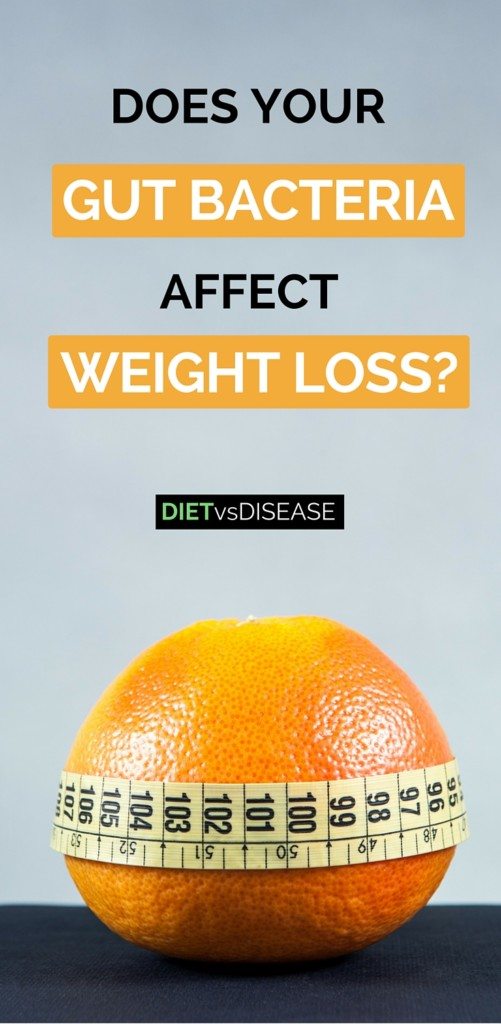Researchers have learnt so much about our gut bacteria in the last decade.
The potential effects they have on health is quite extraordinary.
Some suspect they may have a strong influence on metabolic diseases, including obesity.
This article looks at how gut bacteria may affect weight, as well as what you can do about it.
What Are Gut Bacteria?
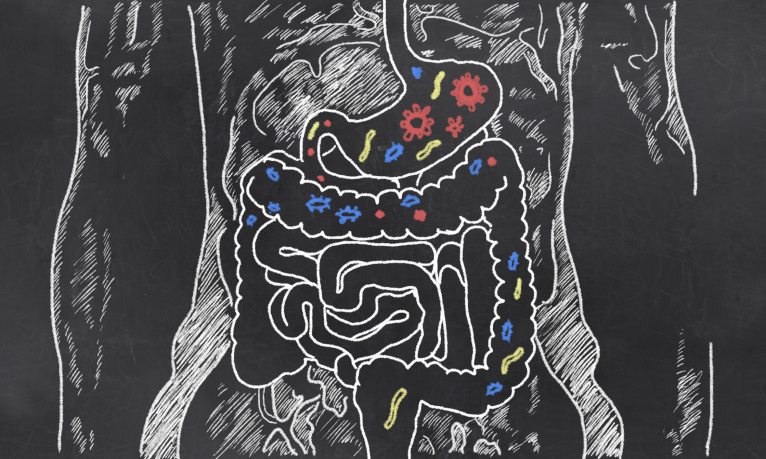
Gut bacteria refers to the community of micro-organisms that permanently reside inside our intestinal tract (1).
These bacteria are also commonly referred to as gut microflora, gut microbiota, or the gut microbiome.
Studies over the past decade have begun to reveal just how influential these bacteria are on our immune function, metabolism, nutrient absorption, and risk of numerous metabolic diseases.
In fact, the gut microbiota is often considered a hidden or extra “organ” due to the way they can positively or negatively influence our health (3, 4).
Summary: Your gut bacteria is a community of micro-organisms that live in your intestines. They can positively or negatively influence many aspects of health.
Can Gut Bacteria Affect Weight Loss?
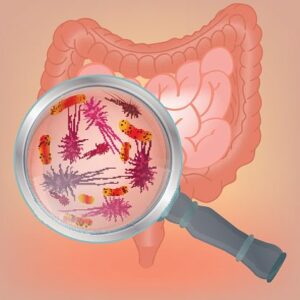
If you consume more calories than you burn, you will gain weight.
While this is fundamentally true of a positive energy balance, gut bacteria transplant studies indicate it’s not nearly as simple as “calories in calories out”.
The class or type of bacteria in your gut also appears to influence energy balance to some degree.
Studies on rodents found that transplanting the gut bacteria of obese mice into lean mice (fecal transplants) caused the lean mice to gain fat cells rapidly (5).
Since then researchers have found striking differences between the gut bacteria of lean and obese individuals (6, 7, 8).
Faecal sample analyses indicate that relative proportions of Firmicutes and Bacteroidetes – both “classes” of bacteria in the gut – can influence energy balance to some degree (5, 9, 10).
Specifically, human studies found that the ratio of Bacteroidetes to Firmicutes was decreased in obese individuals, as was overall diversity of gut bacteria (11, 12).
In other words, more Firmicutes and fewer Bacteroidetes is not ideal.
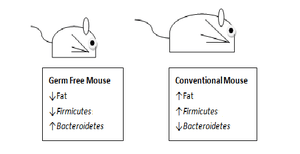
Source: www.microbewiki.kenyon.edu
Researchers hypothesize that this “obese microbiota” may enhance signals that trigger the amount of energy we harvest from food. This in turn increases the amount of calories absorbed, and therefore weight gain (3, 12).
Summary: Early research suggests the types and proportions of bacteria in our gut may influence likelihood of weight loss or weight gain. This may be due to its influence on mechanisms that affect energy storage and energy balance.
Probiotics and Weight Loss
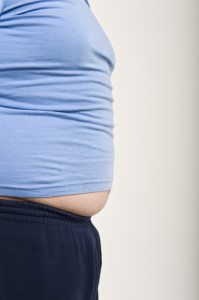
Probiotics are bacteria that we eat specifically for health benefits.
They enter the digestive tract to alter and improve the current makeup of our gut bacterial community.
It appears they can influence digestive health, and now researchers are now looking to see if regular probiotic supplementation can influence weight. So far only a handful of human clinical trials have been published, but findings do support the idea that gut bacteria affects weight loss.
From the weight of evidence currently available, Lactobacillus gasseri appears to be the probiotic strain that can best assist weight loss in humans.
Note that some strains of bacteria appear to “protect” from gaining more fat, while others are linked to weight gain (13, 14, 15).
Summary: Some clinical studies have found that certain probiotic strains can influence weight gain. This supports the idea that our gut bacteria environment influences weight management.
Diet Recommendations to Improve Gut Health

It’s unclear what specific strains of bacteria we need more or less exposure to for improved gut health.
The same goes for promoting weight loss.
Unfortunately, this means specific dietary recommendations are limited.
What we do know is that consuming more probiotic-rich food, as well as nourishing our existing gut bacteria, are fundamental for overall health.
Fermented Foods
Fermented foods naturally contain lots of beneficial bacteria and should become a regular addition to your diet.
Think of them as a kind of natural probiotic supplement that “top up” the bacteria in your gut.
Fermented foods are actually very common in our diet, but healthier options include quark, plain yogurt or kefir, sauerkraut, and other non-pasteurized pickled vegetables.
Prebiotics
In order to nourish existing bacteria, you must regularly eat prebiotic foods (not to be confused with probiotics).
Prebiotics are a form of carbohydrate (mostly fiber) that humans can’t digest. It acts as “food” for the beneficial bacteria in your gut to grow and thrive.
Foods rich in prebiotic fiber include:
- Oats
- Bananas
- Berries
- Beans and legumes.
- Onions
- Garlic
- Asparagus
As though we needed additional reasons to eat more legumes and berries!
Limit Junk Foods
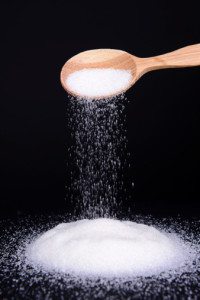
Not only are junk foods high in calories, but high sugar foods appear to promote the growth of potentially harmful bacterial species (16, 17).
Feeding the wrong bacteria enables them to colonize and grow more rapidly, without as many beneficial bacteria to prevent them from thriving (18, 19, 20).
The growth of this harmful bacteria may indirectly influence many aspects of health, including weight gain. Individuals who eat a high calorie diet appear to have a poorer ratio of Bacteroidetes to Firmicutes, which is associated with absorbing more calories (21).
Summary: To maintain a diverse gut bacteria that promotes health, ensure your diet includes lots of prebiotic foods and fermented foods, and limit junk foods.
Conclusion
Current evidence suggests the balance and diversity of our gut bacteria can influence how easily an individual gains or loses weight.
Until we learn more, the best way to nurture a healthy gut bacteria is by eating a diverse diet rich in prebiotic foods and fermented foods. If this is not possible, probiotic supplementation may be a good option.
It’s also a good idea to limit junk foods, but you knew that already.
What Can And Can’t I Eat On The Low FODMAP Diet?
Often it’s easiest to start with this giant list I’ve made of what foods to eat, and what foods to avoid when following a low FODMAP diet.
It’s based on the latest published FODMAPs data (1, 2, 3, 4, 5).
Print or save to your phone to use as a quick-reference guide when shopping or cooking. I’ve attempted to list foods in both US and UK/Aus names, with US first.
I’ve included a screenshot of the first page below. But the full PDF is 4 pages and suitable for printing. To download it simply tap the box below and it will then be emailed straight to you – it’s free!


